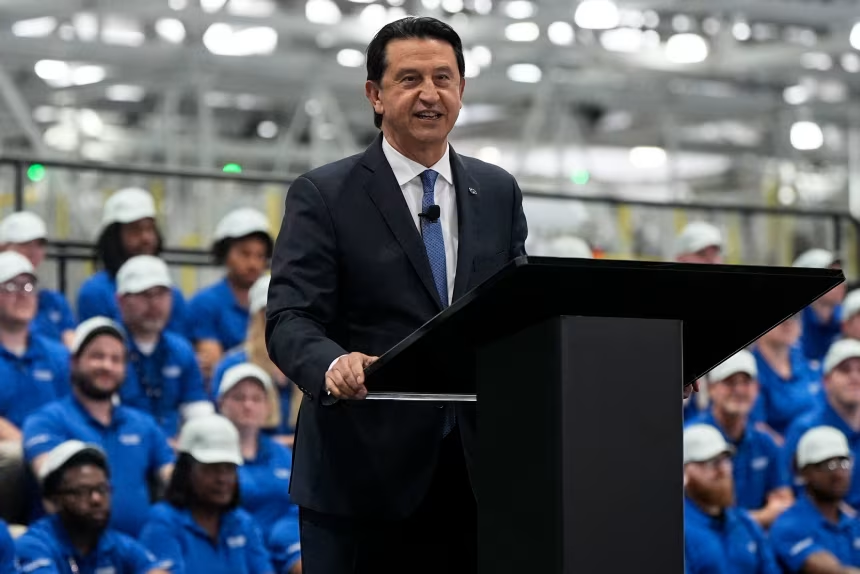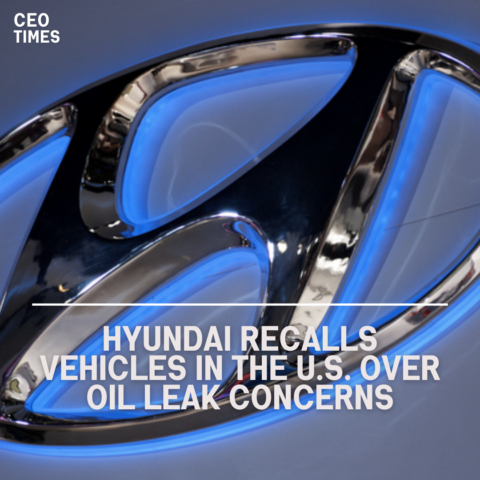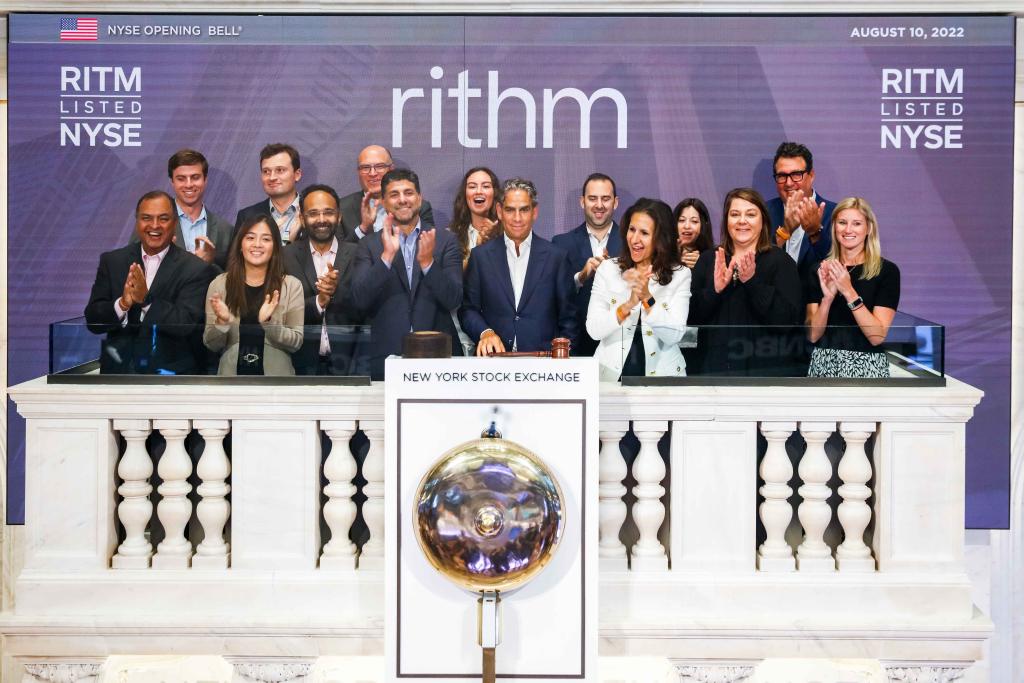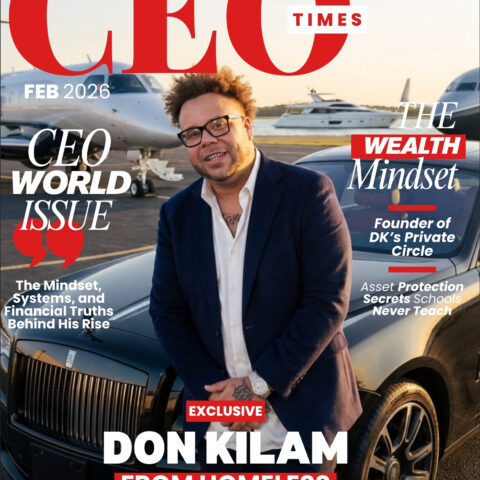José Muñoz says raid delays battery plant launch, calls for special visas for skilled foreign workers as Hyundai recommits $2.7B U.S. investment
Hyundai’s CEO José Muñoz revealed he first learned about the recent Immigration and Customs Enforcement (ICE) raid at the company’s Georgia battery plant through media reports—despite the operation being the largest single-site enforcement action in U.S. history.
Speaking during a media roundtable on Thursday, Muñoz said he was stunned to see the news. “I could not believe what I saw because I would’ve known normally before the news,” he told CNN. The Ellabell, Georgia, EV battery plant—run as a joint venture with South Korea’s LG Energy Solution—was raided by U.S. authorities on September 4th, with more than 300 South Korean workers detained and later deported.
Muñoz explained that the facility is operated by LG, which likely contributed to the delayed notification. He added that both U.S. and South Korean governments are now working to ensure such incidents do not recur.
The timing of the raid coincided with Hyundai’s first-ever U.S. investor conference in New York City, where Muñoz expressed empathy for the workers and their families. “We understand the stress and hardship this has caused for them,” he said, acknowledging the human toll while underscoring Hyundai’s continued commitment to U.S. investment.
Hyundai has invested billions of dollars in the U.S., including the Georgia battery plant, which represents the largest economic development project in the state’s history. Although the raid is expected to delay the plant’s opening by two to three months, Hyundai confirmed plans to proceed with Phase Two of the complex—an additional $2.7 billion investment projected to create 3,000 jobs.
The deported workers were specialized technicians vital to construction and operations. To compensate, Hyundai has shifted staff from other plants. Muñoz stressed the importance of introducing a tailored U.S. visa program for foreign specialists, similar to arrangements with Canada, Mexico, Singapore, and Chile. “There needs to be a visa especially designed for these types of people that may need to enter the country five or six times. Once the factory is finished, they don’t come back again,” he explained.
When asked if Hyundai fears another raid could occur, Muñoz remained cautious: “Nobody can say they are exempt from everything.”
Despite the setback, Hyundai has reaffirmed its long-term U.S. growth plans, positioning itself at the forefront of America’s electric vehicle transition while navigating regulatory and labor challenges.


















